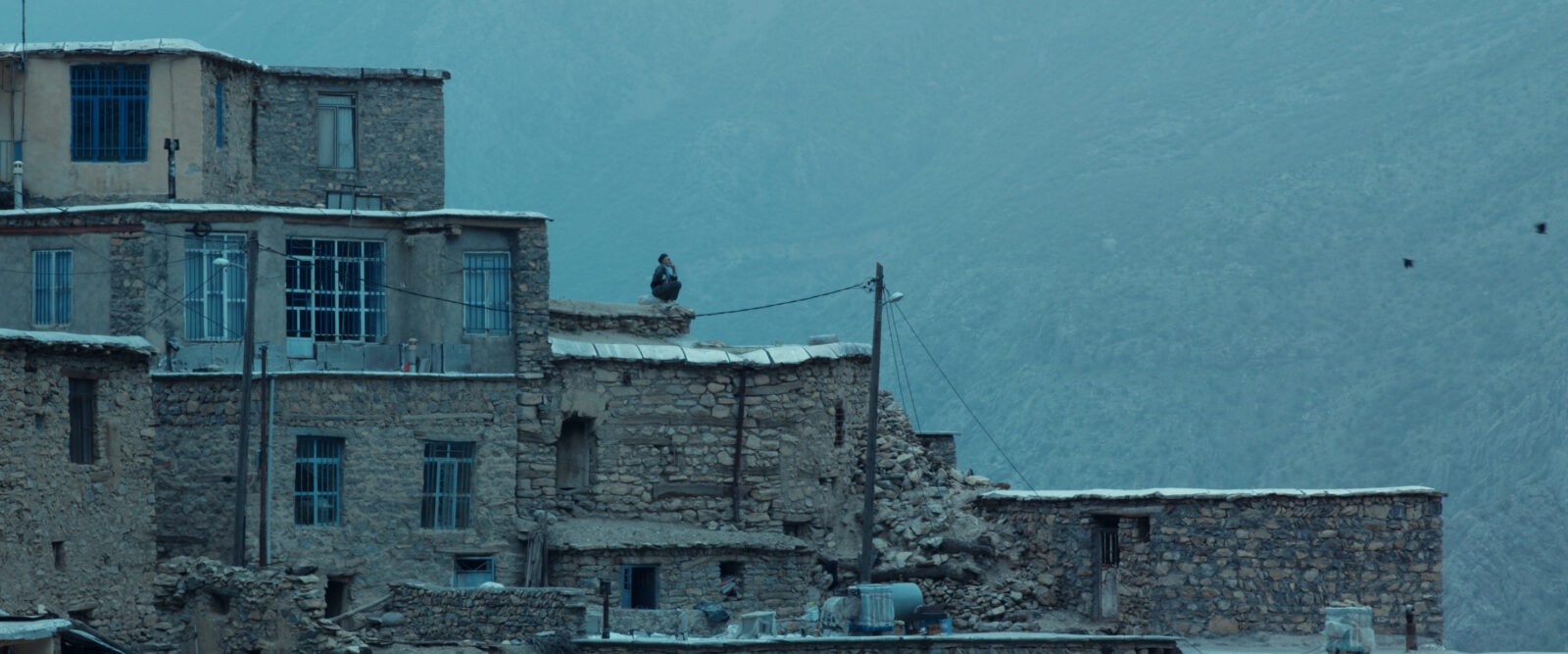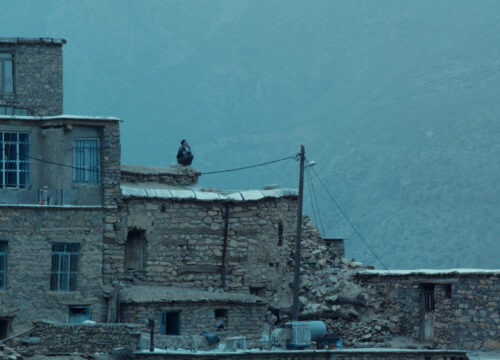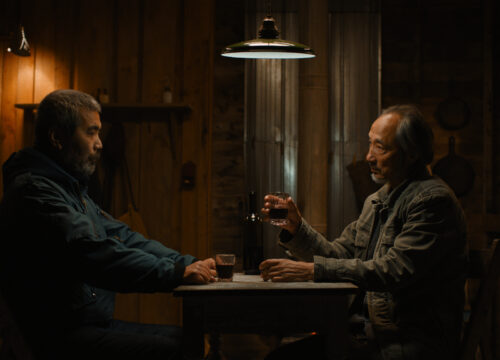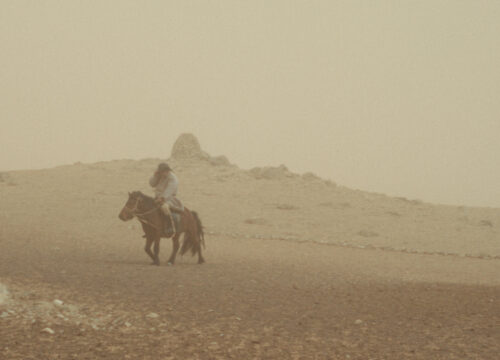All The Mountains Give
Arash Rakhsha
Iran / 2023 / 90' / Italian premiere
Due to widespread poverty in the Kurdish cities of Iran, many people have to smuggle household goods by carrying them over Iran and Iraq’s perilous border to earn a living. This form of smuggling is called Kolbari and the people who do this job are called Kolbar. Today, about 400,000 Kurdish people are involved in Kolbari and every year about 200 Kolbar are killed or injured being shot by security agents, falling from the mountains, stepping on landmines, or freezing from the cold. Documented over the course of six years, filmmaker Arash Rakhsha presents an intimate portrait of Hamid and Yaser, two close friends living in a Kurdish village who are forced into kolbari.
Language:
Kurdish, Farsi
Subtitles:
Italian, English
Director
Arash Rakhsha
Born in 1985, Kermanshah (Kurdistan, Iran), he grew up in a poor family who had a passion for art and literature. After being accepted to the dramatic literature program at the University of Tehran, he started to work in a photo agency. He then pursued a degree in cinematography. ALL THE MOUNTAINS GIVE is his directorial debut.
Awards
“City of Bolzano” Prize Golden Gentian for the Best Film on Exploration and Adventure
Ed. 2025
Not everyone has the luxury of doing difficult journeys for pleasure alone. We salute the film’s director, cinematographer and editor, Arash Rakhsha, who early in life was forced by circumstance to be a smuggler himself, but who then taught himself filmmaking skills of a very high level and returned over six years to film the harsh life of his smuggler friends. He shares their dangerous journeys and intimately portrays their family life and their fading dreams for a better future. We admire the filmmaker’s multi-skilled contribution, and acknowledge the haunting music score, which he, as both director and editor, incorporated so well.
Cinema for Human Rights Award
Ed. 2025
Through the perspective of the director and cameraman, deeply involved having experienced at first hand the conditions for Kurdish communities forced to work as Kolbari along the Iranian border, the film exploits all the possibilities of documentary cinema, portraying the totally precarious life of people without rights or a homeland with stylistic excellence. In the everyday details of the protagonists’ lives, the author captures the close link between poverty, labour exploitation and loss of freedom of choice, but also a courageous capacity for resilience rooted in the dignity of relationships.
Gallery
Trento Film Festival suggests you also...



































